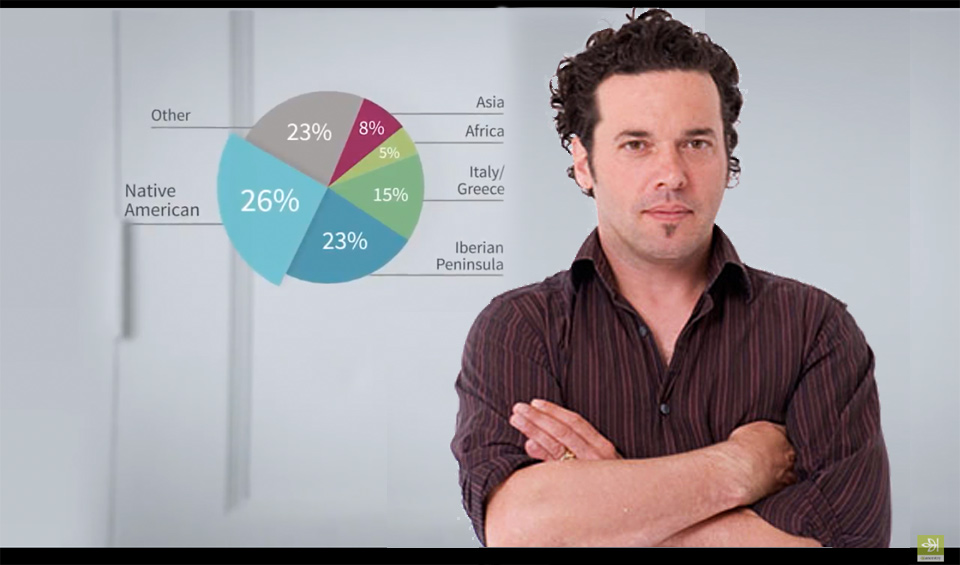Joseph Boyden Won’t Find Indigenous Identity In A Test Tube Of SpitPosted in Articles, Canada, Media Archive, Native Americans/First Nation on 2018-05-10 19:15Z by Steven |
Joseph Boyden Won’t Find Indigenous Identity In A Test Tube Of Spit
Canadaland
2017-08-04
To be First Nations, you must first belong to a nation.
In anticipation of a fall book tour for his new novel, Seven Matches, Joseph Boyden is back in the pages of Maclean’s magazine with an article restating his claim of First Nations ancestry, and anchoring that in the results of a DNA test.
Boyden’s ancestry first came into question late last year when I, along with APTN and a number of other Indigenous activists, questioned Boyden’s right to speak on our behalf. We looked at his shifting claims of ancestry — covered here on CANADALAND — and his misuse of basic First Nations concepts like being “two-spirit,” and we presented the questions to the public for them to decide.
Broadly speaking — though with many notable exceptions — Indigenous people on social media took the position that he was not Indigenous. And broadly speaking, non-Natives, especially those in the media, claimed that he was, and that we had no right as Indigenous people to determine who belonged to our communities…
In his 4,000-word Maclean’s piece, “My name is Joseph Boyden,” Boyden presents several cases for his First Nations bona fides. The article is presented as being addressed to Indigenous critics — but the enthusiastic support of a dwindling number of media figures, like “Appropriation Prize” ring-leader Ken Whyte, perhaps reveals the real intended audience: white Canadians looking for an excuse to turn the page on this controversy and take Boyden back as the leading voice of Indigenous Canada…
Read the entire article here.




